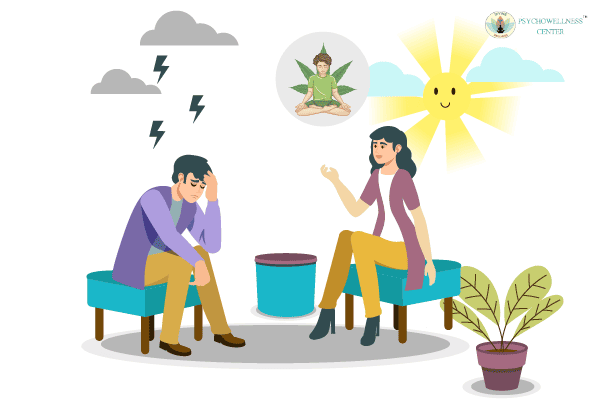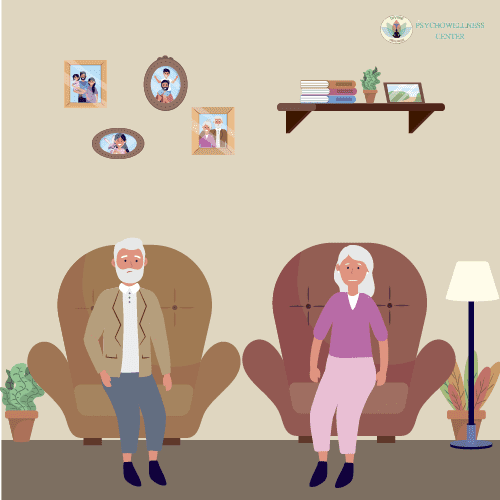Benefits of maintaining good social connections

In an era where digital interactions often overshadow face-to-face encounters, the significance of maintaining good social connections cannot be overstated. Human beings are inherently social creatures, and our well-being is deeply intertwined with the quality of our social interactions. From fostering emotional Resilience to enhancing physical health, the benefits of robust social connections are manifold. In this comprehensive guide, we delve into the myriad advantages of nurturing strong social ties, explore the signs and symptoms of social isolation, discuss effective treatments, and underline the importance of prioritizing social connections in our lives.
The Importance of Social Connections:
1. Emotional Support and Resilience:
Good social connections provide a vital source of emotional support during times of stress, adversity, and uncertainty. Having friends, family members, or a supportive community to lean on can bolster resilience and help individuals navigate life's challenges with greater ease.
2. Mental Well-being:
Maintaining regular social interactions has been linked to lower rates of Depression, Anxiety, and other mental health disorders. Meaningful connections foster a sense of belonging, purpose, and fulfilment, thereby contributing to overall psychological well-being.
3. Physical Health:
Surprisingly, social connections have a tangible impact on physical health as well. Studies have shown that individuals with strong social networks tend to have lower rates of chronic diseases, faster recovery from illnesses, and even increased longevity.
4. Cognitive Function:
Engaging in social activities and meaningful conversations can stimulate cognitive function and may lower the risk of cognitive decline and dementia in older adults. Social interactions challenge the brain, keeping it sharp and agile as we age.
The Social Isolation Epidemic:
1. Modern Challenges to Social Connections:
In today's fast-paced world, technological advancements, urbanization, and shifting social norms have altered the landscape of social interactions. Many individuals find themselves grappling with feelings of loneliness and social isolation in the digital age.
2. Impact of Social Isolation:
Social isolation has profound implications for both mental and physical health. From heightened Stress levels and weakened immune systems to increased risk of Depression and cardiovascular disease, the consequences of social isolation are far-reaching.
3. Vulnerable Populations:
Certain groups, such as older adults, individuals living alone, and marginalized communities, are particularly susceptible to social isolation. Understanding the unique challenges faced by these populations is crucial for developing targeted interventions.
Signs and Symptoms of Social Isolation:
1. Feelings of Loneliness and Isolation:
Persistent feelings of loneliness, even when surrounded by others, may indicate social isolation. Individuals may feel disconnected from others and experience a lack of meaningful interactions.
2. Withdrawal from Social Activities:
A noticeable decline in participation in social activities or a reluctance to engage with others can be a red flag for social isolation. This withdrawal may stem from feelings of anxiety, depression, or a lack of interest in socializing.
3. Emotional Distress:
Increased feelings of sadness, hopelessness, or irritability without apparent cause can be symptomatic of social isolation. The absence of supportive relationships can exacerbate these emotional struggles.
4. Physical Symptoms:
Social isolation has been associated with adverse physical health outcomes, including fatigue, sleep disturbances, and compromised immune function. Chronic loneliness can take a toll on the Body image, manifesting in various physical symptoms.
Treatments for Social Isolation:
1. Cultivating Meaningful Relationships:
Actively seeking out opportunities to connect with others and nurturing existing relationships are essential steps in combating social isolation. This may involve joining clubs, volunteering, or participating in group activities aligned with one's interests.
2. Seeking Professional Help:
Therapists in delhi or Online counseling can be invaluable for individuals struggling with social isolation. The Best psychologist delhi can provide support, guidance, and strategies for overcoming barriers to social connection.
3. Utilizing Technology:
In an increasingly digital world, technology can serve as a bridge to social connections. Virtual support groups, online communities, and social media platforms offer avenues for connecting with like-minded individuals and combating loneliness.
4. Participating in Community Programs:
Engaging with local community programs, religious organizations, or support groups can provide opportunities for social interaction and foster a sense of belonging.
Conclusion:
Maintaining good social connections is not merely a luxury but a fundamental aspect of human flourishing. From bolstering emotional well-being to enhancing physical health and cognitive function, the benefits of nurturing meaningful relationships are far-reaching. By recognizing the signs of social isolation, seeking appropriate support, and prioritizing social connections in our lives, we can cultivate a stronger sense of belonging, resilience, and fulfilment. Let us cherish the lifeline of social connection and foster vibrant communities where everyone feels seen, heard, and valued.
For the Best psychologist in India, check out Psychowellness Center. They have branches in Delhi NCR, NOIDA, Faridabad, Janakpuri, Dwarka, and Vasant Vihar. You can book an appointment online at TalktoAngel or in person at the Psychowellness center.
Contribution:- Ms.Sulochna Arora, a counseling psychologist, work up with Dr. R K Suri, a distinguished clinical psychologist and life coach at TalktoAngel, within the Psychowellness Center.
References:
- American Psychological Association. (2019). Loneliness and social isolation linked to serious health conditions. https://www.apa.org/news/press/releases/2017/08/loneliness-social-isolation
- Hawkley, L. C., & Cacioppo, J. T. (2010). Loneliness matters: A theoretical and empirical review of consequences and mechanisms. Annals of Behavioral Medicine, 40(2), 218–227. https://doi.org/10.1007/s12160-010-9210-8
- National Institute on Aging. (2021). Social isolation, loneliness in older people pose health risks. https://www.nia.nih.gov/news/social-isolation-loneliness-older-people-pose-health-risks
- Smith, K. P., & Christakis, N. A. (2008). Social networks and health. Annual Review of Sociology, 34(1), 405–429. https://doi.org/10.1146/annurev.soc.34.040507.134601



.png)
SHARE